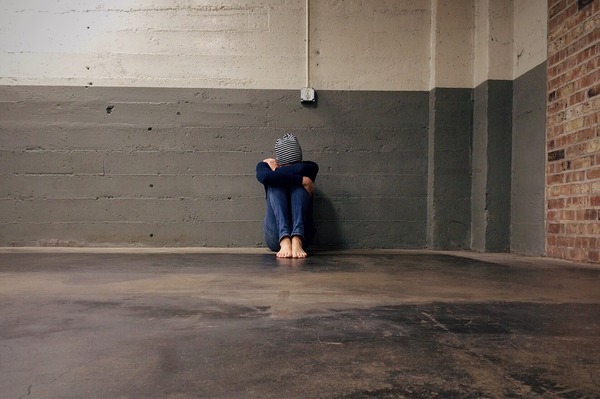By Alesha Capone
Wyndham will be among the hardest-hit areas in the nation after the federal government ends support for people who have lost work due to the COVID pandemic, a new report has found.
The Australian Council of Services Services (ACOSS) and University of New South Wales (UNSW) last week released research revealing that residents of lower-income regions will experience the “most dramatic increases in need to rely on income support” in 2020 and 2021.
In September this year, 16,792 residents of the Gorton federal electorate were eligible for a coronavirus supplement.
In the Lalor electorate, 16,836 residents were eligible for a coronavirus supplement.
Gorton covers Eynesbury and parts of Truganina and Mount Cottrell.
Lalor includes Werribee, Hoppers Crossing, Tarneit, Truganina, Wyndham Vale and part of Point Cook.
The report said other areas which would be among the most affected by an end of the federal government’s income support included outer north-west and south-east Melbourne, west and south-west Sydney, northern Adelaide, far North Queensland and regions between Brisbane and the New South Wales border.
Since June, the federal government has been providing weekly payments of $450 for Australians who have lost less than 20 hours of work a week due to pandemic lockdowns.
Workers who have lost more hours receive $750 per week.
However, once a state hits a 70 per cent COVID-19 vaccination rate, people will have to reapply for the payments each week that a federal hotspot declaration remains in place.
At 80 per cent full vaccination in a state’s population, the payment will be reduced over two weeks.
ACOSS chief executive Dr Cassandra Goldie warned that unless the federal government improves income support “social divides will fester across our major cities and outer urban areas”.
Director of the Social Policy Research Centre at UNSW Sydney, Professor Carla Treloar said: “Just because someone has the bad luck to live or work in a community affected by another wave of lockdowns, they have been locked into poverty.”







